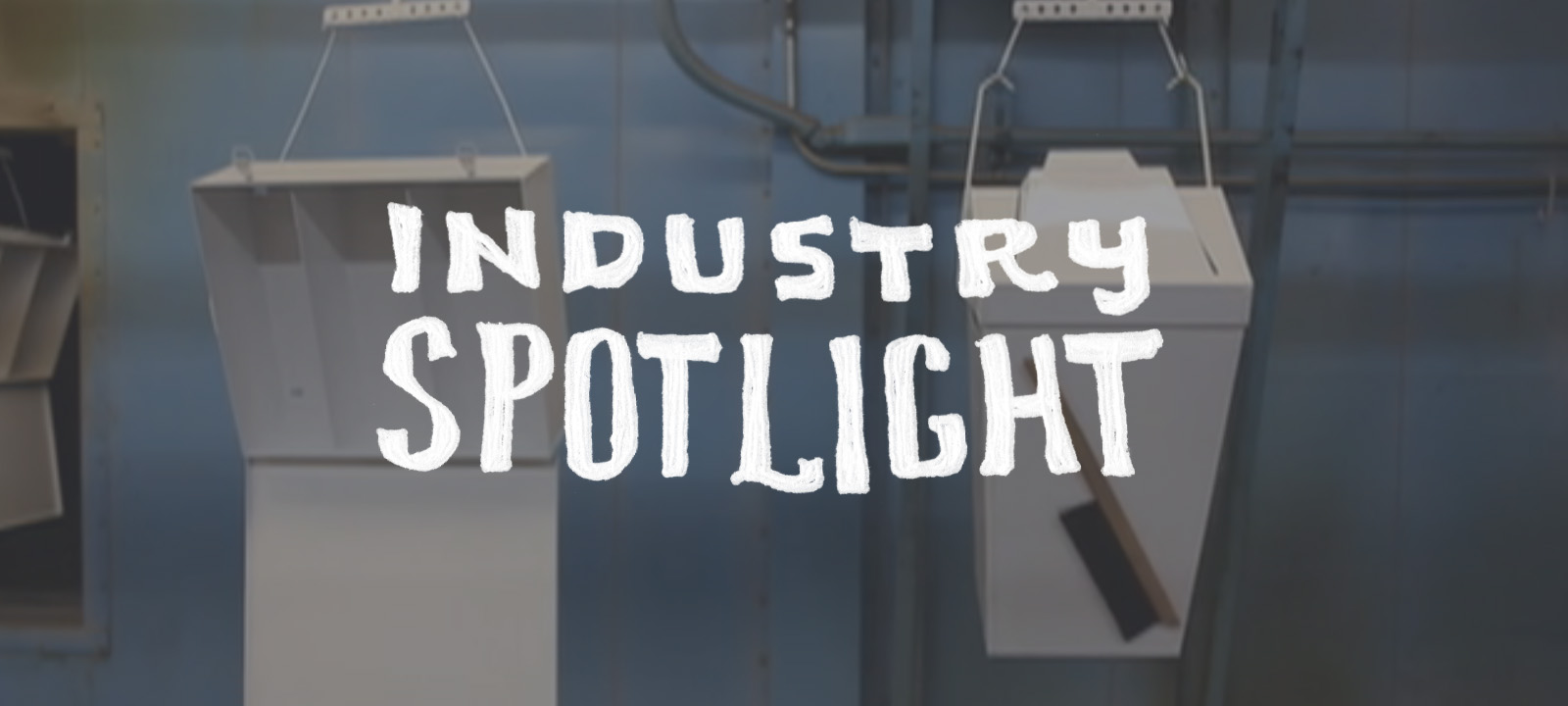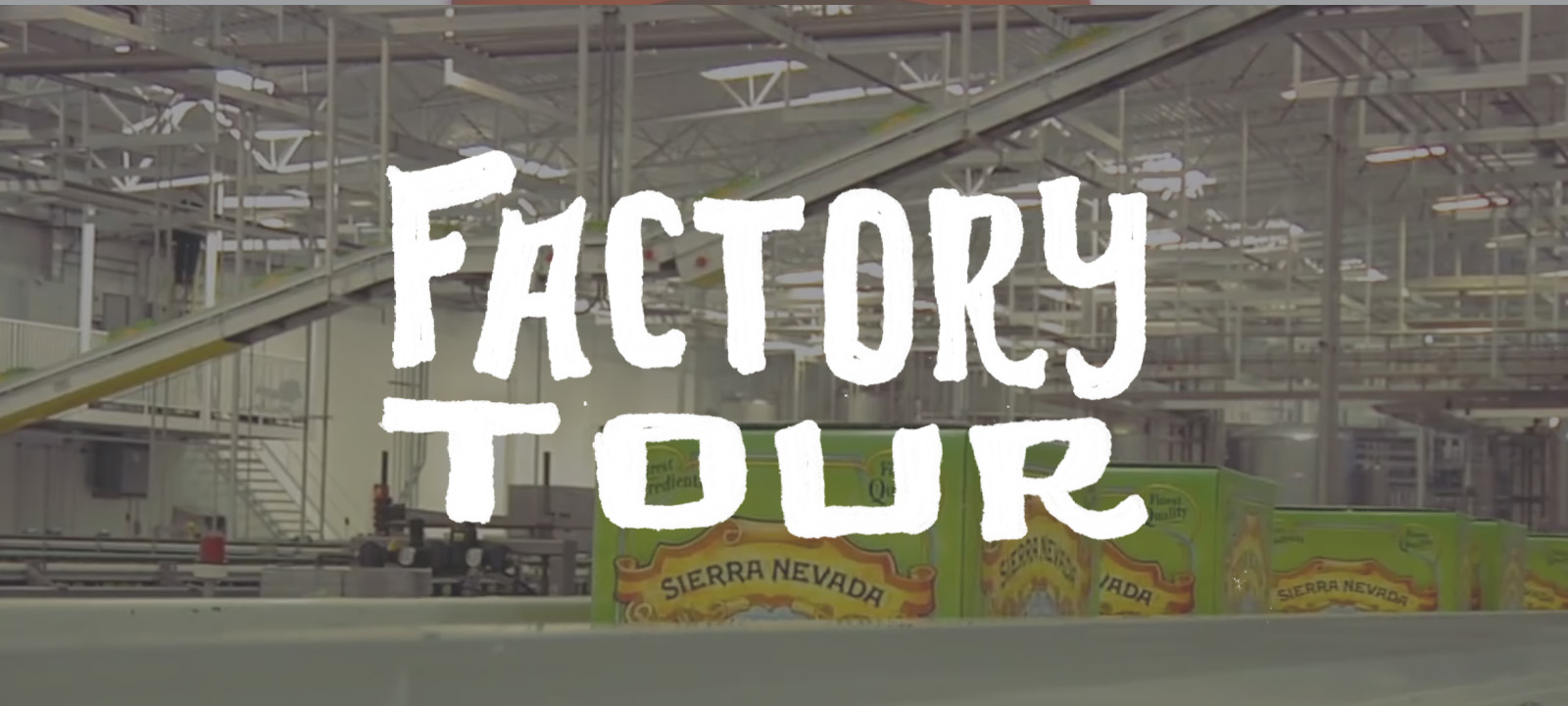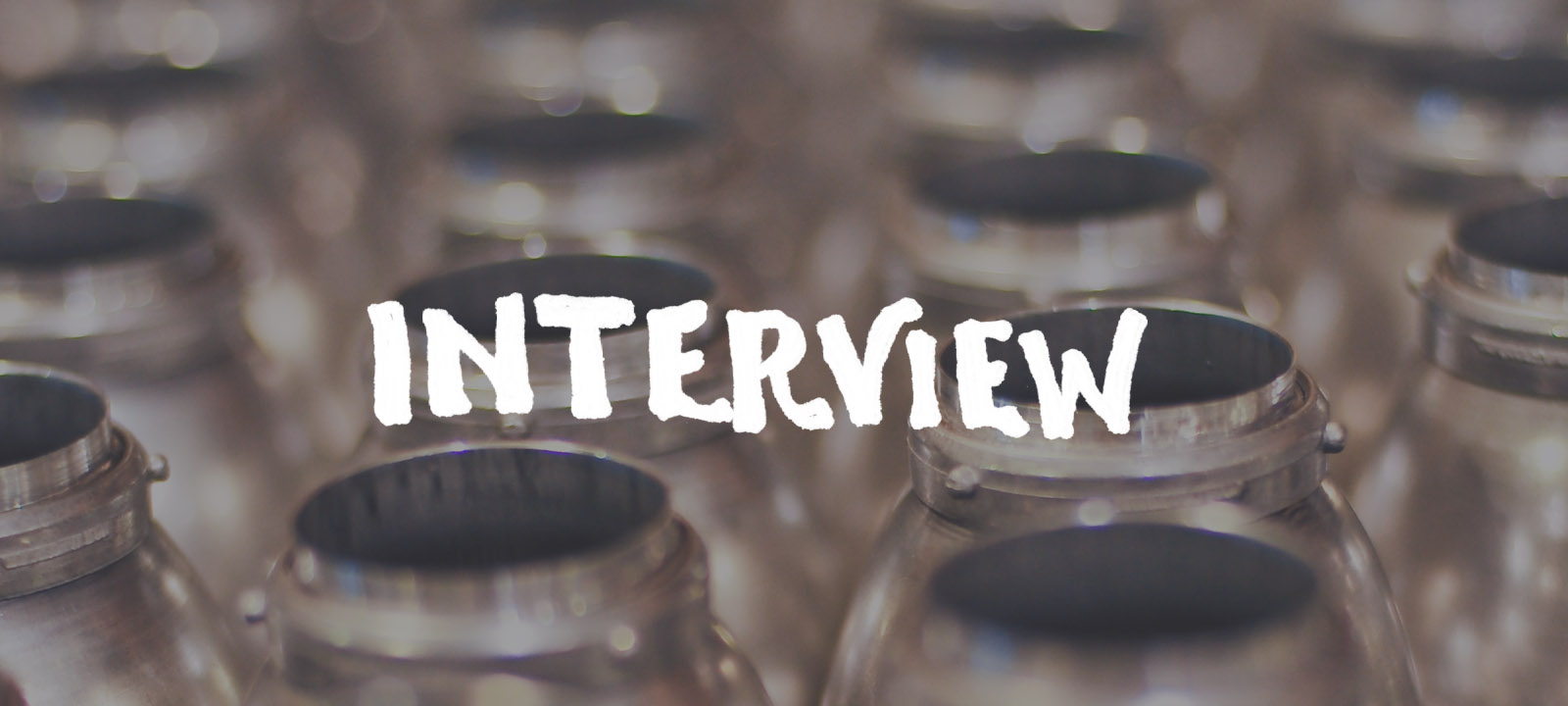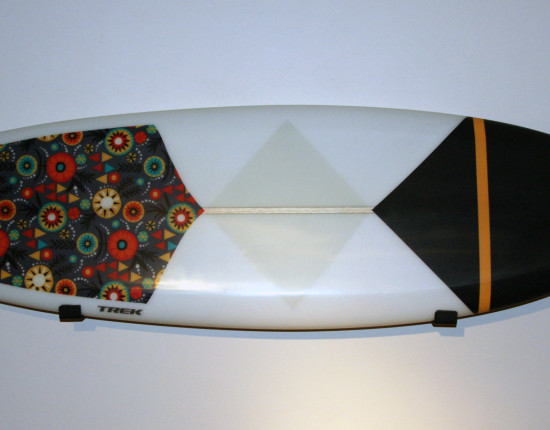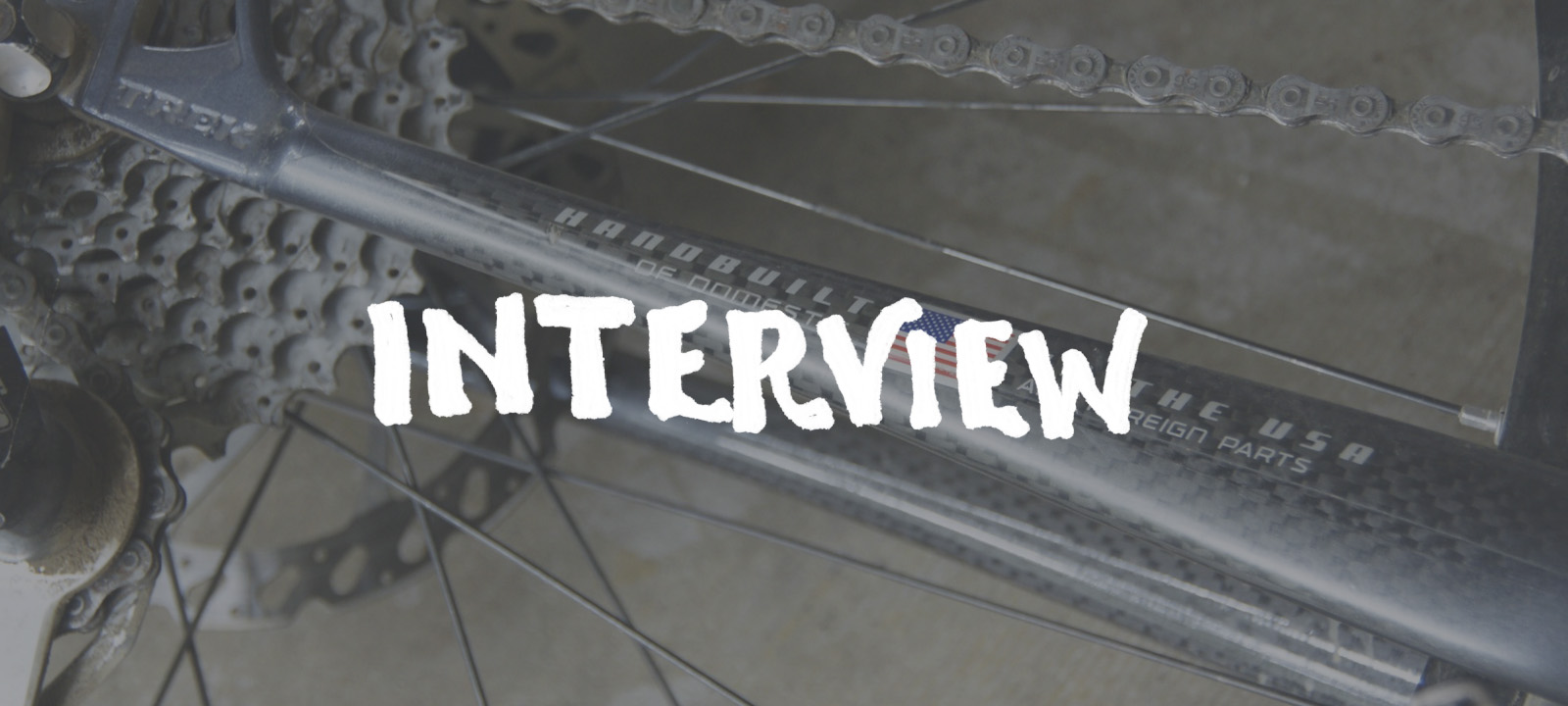Today we are talking with Karl Wiedemann from Thule. Thule is the well known Swedish car rack company, but not as many people know that they manufacture a majority of their products for the North American market right here in the USA.
Can you give 50 BUILT readers some background on yourself, your time at THULE and your current role?
I have been at Thule for 5 ½ years and I am currently the Communications and Sponsorship Manager for our North American Brands (Thule, SportRack, Chariot, Croozer, TracRac and UWS).
After racing mountain bikes in college, I took a job in the bicycle industry working at a company that made bicycle tools and cleaning products. After ten years there, I joined Thule and it has been a wonderful place to work.
Thule is the type of environment where work hard / play hard is a way of life. Everyday up to 25 Thule employees jump on their bikes at lunch to go for a road ride. If cycling isn’t your thing, you can take yoga classes, Zumba classes or just go for a walk or run on the trails that are on site.
In my free time I enjoy spending time outdoors (while using Thule products) with my 4-year-old daughter, Lily.
Since THULE began, back in 1942 in Sweden, how has the industry and your process of manufacturing changed?
Thule started deep in the woods of Sweden back in 1942. Our first product was a fish trap for pike. Then we noticed a need for headlight covers for automobiles because the dirt roads in Sweden, at that time, were not well maintained. It wasn’t until the ‘60s when we started making roof baskets for the now-mobile Swedes to take on vacation with them.
Over the last 20 years we really have worked hard at lean manufacturing. We can produce bike racks in the morning and with a few changes to the line we can produce kayak carriers in the afternoon. Another large change would be the introduction of robotic welders on our hitch rack line. These robots are able to produce consistent welds over and over again. All these welds are then inspected by the welding operator before heading to powder coating.
THULE is a Swedish company, with a global market. What factors contribute most to THULE’s decisions on where to manufacture their products?
Historically, vehicles were different in every market we sold in. A VW Golf in the US is different from a VW Golf in Europe. In Europe they use a tow-ball on the back of a car. In the US we use a receiver hitch. For that reason we wouldn’t be able to sell the hitch racks we make in the US to Europe and vice versa. This is why we made the decision years ago to produce our products close to the market so we can react to market trends and conditions quickly. Plus, by not shipping heavy or large products (cargo boxes) around the globe, we are lessening our environmental footprint.
How much of THULE’s products are still manufactured in Sweden for the global market?
A majority of the foot packs and individual vehicle fit kits are manufactured in our Hillerstorp, Sweden factory. These take very sophisticated machinery that would be cost prohibited to replicate elsewhere.
THULE has become a household name in the auto storage and transportation industry. You can essentially manufacture your product anywhere in the world, and possibly for greater margins. How has THULE managed to continue to make 70% of it’s US market goods right here in the USA? What is so special about your American manufacturing plants and what they represent?
Every time we come out with a new product we send out a request for quote from our global factories along with our own US factory. Once you take pure product cost out of the mix and add in freight costs, inventory turns and speed to market considerations, more often than not, our US factory wins the job.
Take for instance ski carriers. Last year was a terrible year for snow in the US. If we were dealing with a factory overseas we might have purchased too many ski carriers for the market conditions and had to sit on that inventory for the summer. Because we are a domestic, lean manufacturer, we were able to make fewer ski carriers and make more bike carriers as that’s what the market wanted.
Tell us more about your American factories.
Our Seymour, CT factory is also our US headquarters. We make most of the bike, ski and kayak racks you see driving down the road there. That facility has over 1,800 solar panels on the use that provides about 30% of the power to the facility. We have about 50 office workers and up to 200 factory workers in the high season.
Our Franklin Park, IL facility produces most of the roof boxes sold in the US. We picked this location, just outside of Chicago, because it is a central location to ship out of. As these products are so big, we can minimize shipping costs and time by being central.
Thule also owns two other brands who manufacturer in the US. TracRac (pickup truck racks) has a factory in Fall River, MA and UWS (diamond plate and steel pickup truck boxes) has a factory in Perry, FL.
What kind of impact has Thule seen in the American towns where they manufacture their goods?
Thule is one of the largest employers in the Naugatuck Valley area of Connecticut. Years ago this was a large manufacturing area for many types of products. Through the years these companies have either moved away or shut down. By continue to manufacture in this area of Connecticut we are preserving the history of the Valley.
Thule also tries to be good corporate citizens toward the towns we are in. We organize river clean-ups, sponsor local charity events and build hiking and mountain bike trails.
How important is the Made in America process to your brand image?
Our customers and retailers really appreciate the fact that we are producing in the US (with solar power). When a customer comes into a shop and asks what the difference is between Thule and a competitor, the retailer is proud to say that Thule is made in the US.
Do you advertise the fact that some of your products are made here in the USA?
Yes. We have photos of our factory in our catalog and on our website. We also give visiting dealers a tour of the factory to see how everything is made.
Has Thule found that consumers are aware and influenced by where your products are made as opposed to your competition?
More often than not, they are surprised. It’s tough when you have a large “Sweden” in your logo for people to think you are made in the US. After they find out they are very excited about it and are happy to support Made in the US products.
Are there any products that you have found not possible to manufacture in your USA factories?
In recent years we have become a major player in the travel gear (luggage) category. These cut-and-sew products are very expensive when done domestically.
If you could tell our readers one factor that is the greatest threat or advantage to keeping things made in America, and allowing companies like THULE to succeed, what would it be?
Personally, the thing I like is, when I am reading the news about the economy or companies moving overseas, I just walk out to the factory to see all these amazing products being made here in Connecticut! It is an amazing feeling and keeps us going.
Thank you so much Karl for your time and insight!
Here’s a video of the Thule American workforce having some fun at their US Headquarters. They love their workplace. Click here to watch the video on YouTube.
